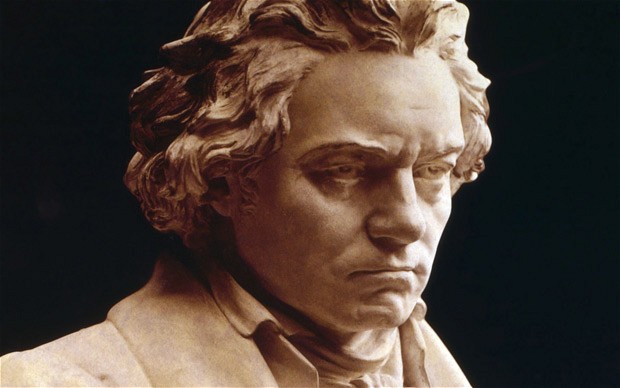Open Objectivism or Closed? Philosophy as *science*
Objectivism is a philosophy. Ayn Rand said that philosophy is a science: “Epistemology is a science devoted to the discovery of the proper methods of acquiring and validating knowledge. Ethics is a science devoted to the discovery of the proper methods of living one’s life. Medicine is a science devoted to the discovery of the […]
Open Objectivism or Closed? Philosophy as *science* Read More »
